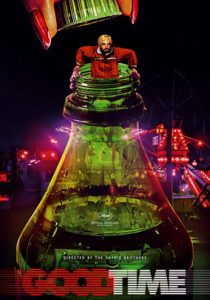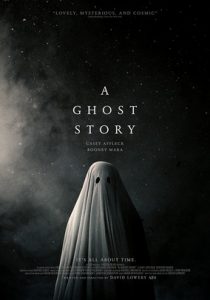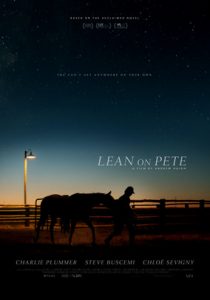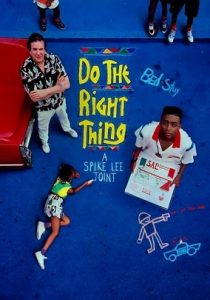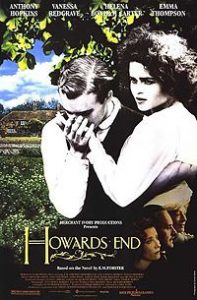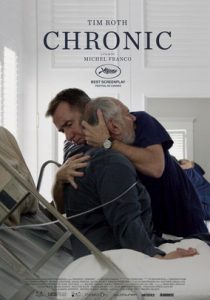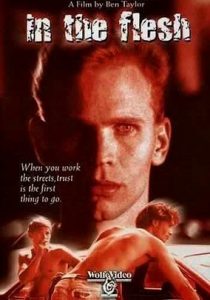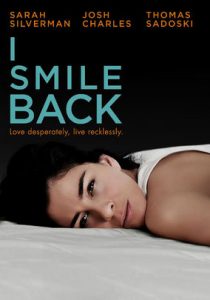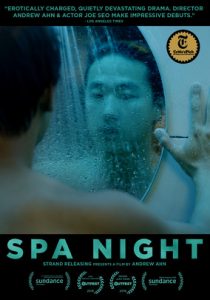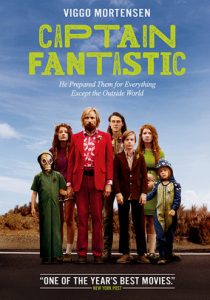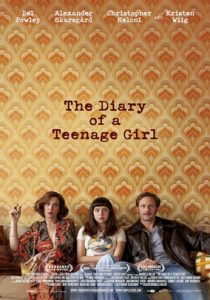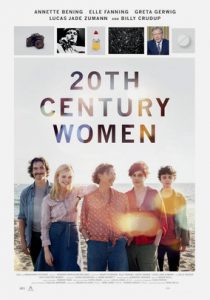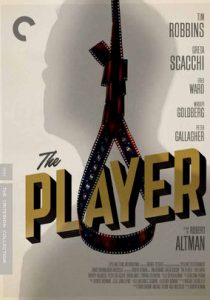Good Time-2017
Director-Ben Safdie, Joshua Safdie
Starring-Robert Pattinson, Ben Safdie
Scott’s Review #767
Reviewed June 5, 2018
Grade: B+
Every so often an actor who is known for either doing mainstream films or for portraying a mediocre character risks being typecast.
Fortunately for actor Robert Pattinson, known mostly as the heartthrob from the trite Twilight films, he has been given the best role of his career. The actor hits the jackpot with a challenging and edgy performance in the fast-paced independent crime drama, Good Time (2017).
The film is a very good ride, and directors Ben and Joshua Safdie successfully provide excellent tension and compelling action scenes (Ben even gives a worthy supporting performance as a mentally challenged character). The overall tone of the film is that of an edge-of-your-seat experience.
As enjoyable and taut as the film is, a few minor criticisms must be mentioned below.
Good Time begins with Nick Nikas (Ben Safdie) being quizzed by a therapist. They are quickly interrupted by Nick’s brother Connie (Pattinson), who removes him from the facility so that he can assist with a bank heist.
When the attempt goes awry and Nick is arrested, Connie does his best to spring his brother from jail than from the hospital following an altercation with another inmate. All the while, Connie must also evade the police as he forms a strange connection with a sixteen-year-old girl, Crystal (Taliah Webster).
The fun part of Good Time is that the film is fast-paced and filled with twists and turns. Largely taking place over the course of one night, we are compelled by Connie’s journey and wonder if he will outrun the cops.
In a way a standard thriller, Good Time rises slightly above this ranking with its wonderful New York City setting with numerous exterior scenes- this is a major plus.
Also garnering props for the film is the look of it. With a slick yet gritty and grainy feel, the camera angles are quick and plentiful. This is a great tool to keep the action going at lightning speed and the editing deserves kudos too.
The intensity and tension run rampant throughout. A good example of this is the bank robbery scene- as the teller disappears into the vault to get the requested amount of money she takes what seems like an eternity to return, leaving the audience (and Connie) wondering if she has alerted the authorities.
Otherwise, the film is helped immensely by the acting performance of Pattinson who owns the film. Having not seen him in anything before I was surprised at how good he is.
Thinking of him as more a matinee idol versus a serious actor, I was proven wrong. Grizzled, temperamental, but being a decent guy at times, Pattinson’s Connie is loyal to a fault, putting his brother first and foremost.
Fans of Captain Phillips (2013) will be delighted to see Barkhad Abdi cast in a small yet pivotal role of an amusement park security guard.
Nominated for the Best Supporting Actor award for Captain Phillips, the Somali- American actor has been able to find steady work in film since his acclaimed debut performance. In his role in Good Time, the character is instrumental in kicking off the final act that leads to the downfall of at least one other character.
Worth mentioning are a few small but notable flaws (rather unnecessary) that Good Time contains.
Perplexing to me is the casting of Jennifer Jason Leigh in the role of Connie’s girlfriend Corey. Decades older than Connie, Corey is written pretty much as a nitwit- attempting to use her mother’s credit card to bail out Nick.
The film does not mention the age difference nor provides much meat to the role- Jason Leigh deserves better than a throwaway role like this.
Otherwise, none of the female characters are treated especially well. Connie frequently directs or shouts at either Corey or even Crystal eliciting a “man in charge” vibe that is slightly off-putting.
Also, a gay slur uttered by Connie is thrown into a scene for seemingly no reason, which in 2017 surprises me. Still, there is something that makes the audience root for Connie while we still want him to get his punishment.
Good Time (2017) provides quality entertainment in a specified genre with good acting all the way around.
With a weird Ocean’s Eleven style (only with one prominent character) the bank robbery theme will satisfy those in the mood for a good heist film. The title of the film is a mystery (is it irony?) and not sure it totally works, but overall the film is a very good watch.
Independent Spirit Award Nominations: Best Director-Safdie Brothers, Best Male Lead-Robert Pattinson, Best Supporting Male-Benny Safdie, Best Supporting Female-Taliah Lennie Webster, Best Editing
